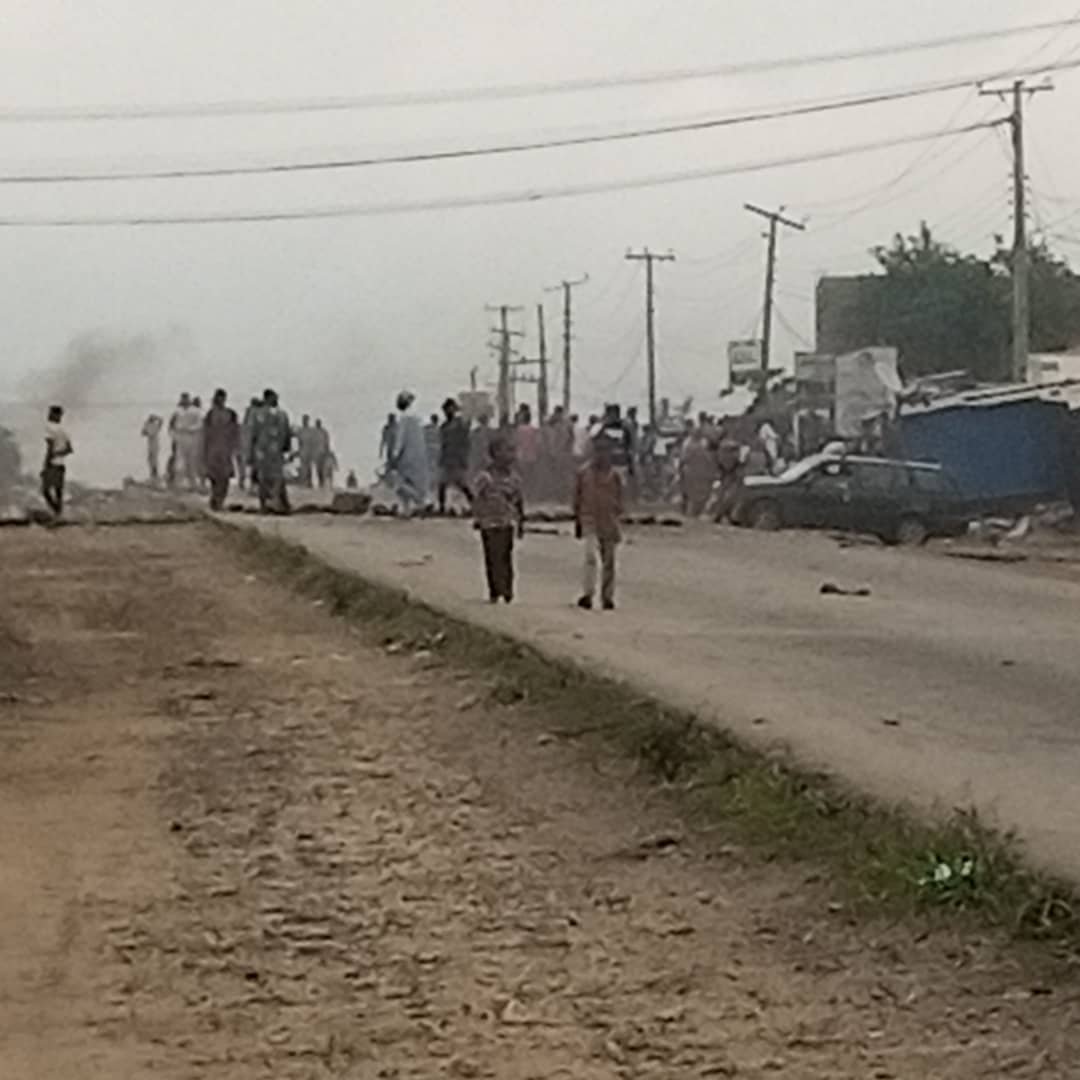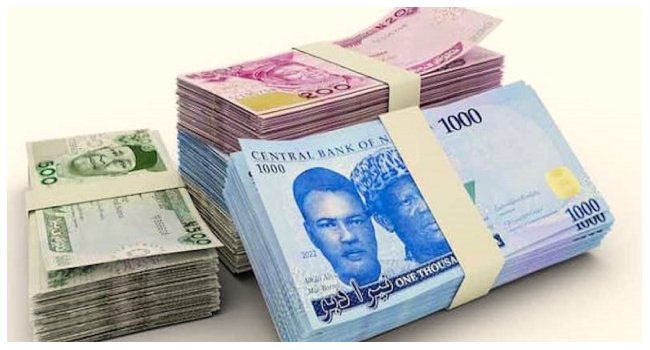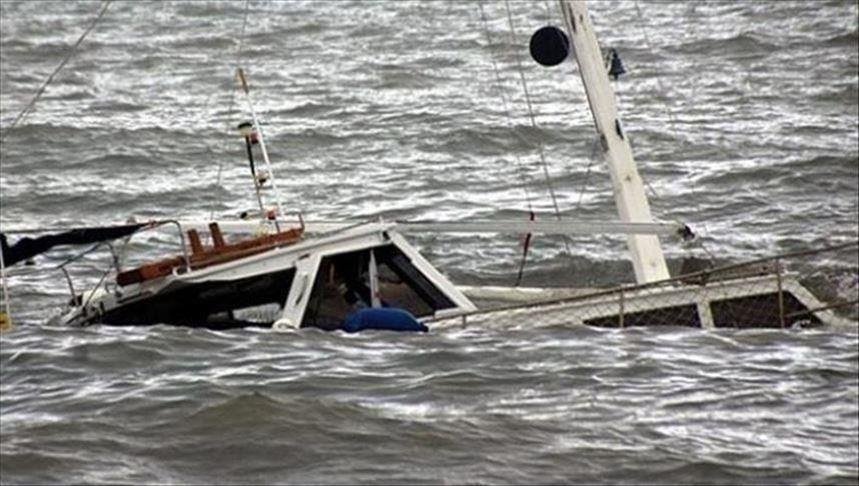On the sweltering morning of the first day, August 1, protesters had begun to converge on various locations across Nigeria, united by a common goal: to demand an end to economic hardship and bad governance. Korede Abdullah reports
Demonstrations in Parts of Nigeria
The hashtag #EndBadGovernance trended on social media as demonstrators gathered in cities like Lagos, Abuja, Kano, Kaduna, Bauchi and Port Harcourt.
In Lagos, protesters holding placards that read “Enough is Enough”, “Reverse fuel subsidy”, and “Stop the Suffering”, etc. marched towards Alausa, Ikeja, Gani Fewehinmi Freedom Park, Ojota on top of their voices, chanting slogans and songs. A young man, carrying a sign that said “We Want Change”, led the procession, his voice ringing out across the crowd.
In Abuja, a sea of protesters flooded some parts of the city namely the National Stadium, Berger, Eagle Square, Unity Fountain, and Nyanya axis of the city on the first and second days.
They were waving placards that demanded “Good Governance” and “Economic Justice”. A group of youths held some banners that read “We Want a Better Future”.
In Kano, protesters gathered at the ancient city walls, their placards written in Hausa and English, decrying the high cost of living and unemployment. A middle-aged man, holding a sign that said “We Are Hungry”, passionately addressed the crowd, his words met with cheers and applause.
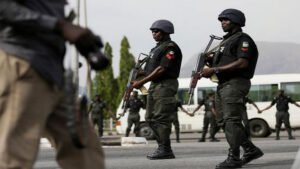
As the protests grew, so did the sense of solidarity especially in Abuja and other parts of the north. Strangers became friends, united by their desire for a better Nigeria. The hashtag #EndBadGovernance trended on social media, with Nigerians from all walks of life sharing their stories, photos, and videos.
Despite the scorching sun and occasional rain showers, the protesters remained resolute, their determination to bring about change evident on their faces.
As the day drew to a close, the protesters repeated the same process in the following day despite the police crackdown and vowed to continue their struggle, their voices echoing across the nation: “We will not be silenced! We will not be ignored! #EndBadGovernance now!”
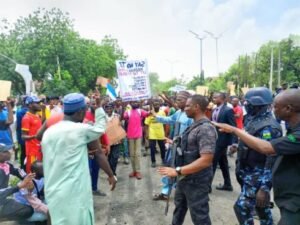
After days of pressure, President Tinubu was forced to address the nation, saying the protesters’ voices have been heard “loud and clear”. The President urged the protesters to embrace dialogue, but stuck to his gun by insisting on no reversal of the fuel subsidy removal which was one of the demonstrators’ kernel of demands.
the protesters and some stakeholders berated the President Tinubu’s broadcast for failure to accede to the demands of the people. Unmoved, the protesters returned to the streets – although not with much vigour as the earlier days – demanding that the government heed their requests.
The Defence Headquarters Warning

The Defence Headquarters (DHQ) in Abuja had initially issued a stern warning, stating that the military would decisively counter any further violent and subversive actions masquerading as #EndBadGovernance protests in Nigeria.
The DHQ emphasized that while citizens have the right to peaceful protests, the military would not tolerate any attempt to destabilize the country or compromise national security under the guise of legitimate demonstrations.
The statement came amidst concerns that some elements were planning to hijack the protests to perpetrate chaos and destruction, and the military vowed to be proactive in preventing such scenarios, ensuring the safety of lives and property, and maintaining law and order across the country.
Hoodlums Taking Advantage of Protests
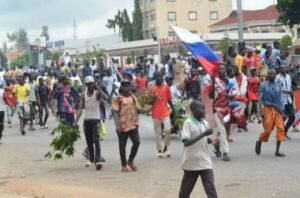
As the #EndBadGovernance protests swept across Nigeria, disadvantaged hoodlums and urchins saw an opportunity to exploit the chaos and vent their anger, especially in the core northern states.
In Kano, Kaduna, Bauchi, Zaria, Daura and other parts of the northern states, they embarked on a rampage of large-scale looting and destruction, targeting both public and private properties.
For instance, in Kano, a group of youths, armed with sticks and stones, stormed a shopping mall while brandishing Russian flags in their hands, smashing windows and making off with valuables.
Nearby, a government building was set ablaze, its offices and documents reduced to ashes. The situation was also the same in Kaduna and other places.
As the mayhem spread, businesses were looted, cars were overturned and burned and homes were ransacked. The streets were filled with the sounds of shattering glass, wailing sirens, and the acrid smell of smoke.
The authorities struggled to contain the violence, but the hoodlums seemed to always be one step ahead. They moved with a brazenness that suggested they had no fear of consequences.
As the days passed, the destruction escalated. In one incident, a group of urchins attacked a multi-millionaira federal government tech hub in Kano, setting it ablaze and causing a massive explosion that sent flames soaring into the sky.
The #EndBadGovernance protests, which had begun as a call for change, had been hijacked by forces of chaos and destruction.
The violence prompted states to impose curfew as part of moves to arrest the conflict.
States Counting Their Losses
As some states of the federation are still counting their losses from the #EndBadGovernance protest, which ought to have lasted for 10 days starting from August 1 to August 10, the nationwide one million-man march scheduled to bring the protest to an end on Saturday did not take place in the states as protesters shunned the exercise.
As the dust settled, the true extent of the devastation became clear. Properties worth billions of Naira had been destroyed, businesses had been ruined, and lives had been lost to the violent protest.
Police Figure of Those Arrested
The Nigerian Police Force said it had arrested 873 suspected persons who were allegedly engaged in criminality during the ongoing nationwide protest.
Olumuyiwa Adejobi, Force Public Relations Officer, made the disclosure while addressing journalists on last Monday that the police didn’t arrest peaceful protesters.
He said the operatives only arrested individuals engaged in criminal activities during the #EndBadGovernance nationwide protests, particularly in Abuja and parts of northern Nigeria.
Speaking at the monthly news conference organized by the Strategic Communication Inter-agency Policy Committee (SCIPC) and hosted by the Department of States Services (DSS) on Monday in Abuja, Adejobi emphasized the distinction between protests and riots.
According to the Chief Superintendent of Police, while peaceful protests occurred in some states, others experienced riots and criminality on the first day of the protests. Adejobi’s clarification comes amidst demonstrations across the country.
800 Persons Are on Trial
The police announced that a total of 800 persons, arrested in various parts of the country, were currently facing trial for their alleged roles in the violence that marred the demonstrations.
The arrests were made across multiple states, with the police claiming that those in custody were involved in a range of offenses, including arson, vandalism, and assault on law enforcement personnel.
90 Suspects Arrested In Connection with Russian Flag
The Force revealed that the number of suspects arrested in connection with the flying of Russian flags in some states, including Kano, Kaduna, Bauchi and Katsina had risen to 90.
The operatives of the Department of State Services (DSS) joined forces with the police to raid some shops of tailors in Kano and other places to arrest those who mass-produced the flags.
Polish Nationals Arrested in Connection with Russian Flag
Nigerian authorities also announced the arrest of seven Polish citizens over their suspected roles in the brandishing of Russian flags in the northern Nigerian city of Kano.
The spokesperson of the State Security Service (SSS), Peter Afunanya, confirmed the arrests of the Polish citizens to Reuters but said Polish citizens were not being targeted.
He said the suspects were arrested as part of efforts to enforce security in Kano, where anti-government protests had gone violent and curfew had been imposed.
Africa Health Report (AHR) could not confirm whether the detained Polish nationals were among the arrested 873 announced by the police.
9 Youths Arrested In Ondo State
Ondo State Police Command announced it had arrested no fewer than nine youths who were taking part in the #EndBadGovernanceInNigeria protest in Akure, the Ondo State capital on Saturday.
It was gathered by the newspaper that the protesters, who converged on the NEPA Roundabout area in Akure, the state capital, were allegedly disrupted by the men of the state police command.
As revealed by one of the protesters, Tope Temokun, a legal practitioner, some of those arrested are the governorship candidate of the African Action Congress, Kunle Ajayi; Patrix Owolabi, Oluwatobi Akinkuotu, Kolawole Kumuyi and Olalekan Oladehinde.
Lagos Police Command not Holding any Protester
The Police Command in Lagos State also said it is at present not holding anyone for participating in the #EndBadGovernance protest against hardship in the state.
The command’s spokesperson, Benjamin Hundeyin, who said in an interview with the News Agency of Nigeria on Friday August 2, in Lagos, stated that no protester was in its custody.
“All protesters arrested on Thursday were released same Thursday. The Commissioner of Police in Lagos State, Adegoke Fayoade, called the State CID to order for their release,” he said.
Human Rights Organizations Condemned Arrests
As the crackdown intensified, human rights groups and international organizations condemned the Nigerian government’s actions.
The Amnesty International (AI) called for the immediate release of detained protesters and an investigation into allegations of excessive force.
Despite the repression, the #EndBadGovernance movement vowed to continue its struggle for a better Nigeria. Many activists went underground, using social media to coordinate and mobilize support. The protests may have been temporarily silenced, but the demand for change remained loud and clear.
As the nation grappled with the aftermath, one thing was certain – the #EndBadGovernance movement had ignited a fire that would be difficult to extinguish.

